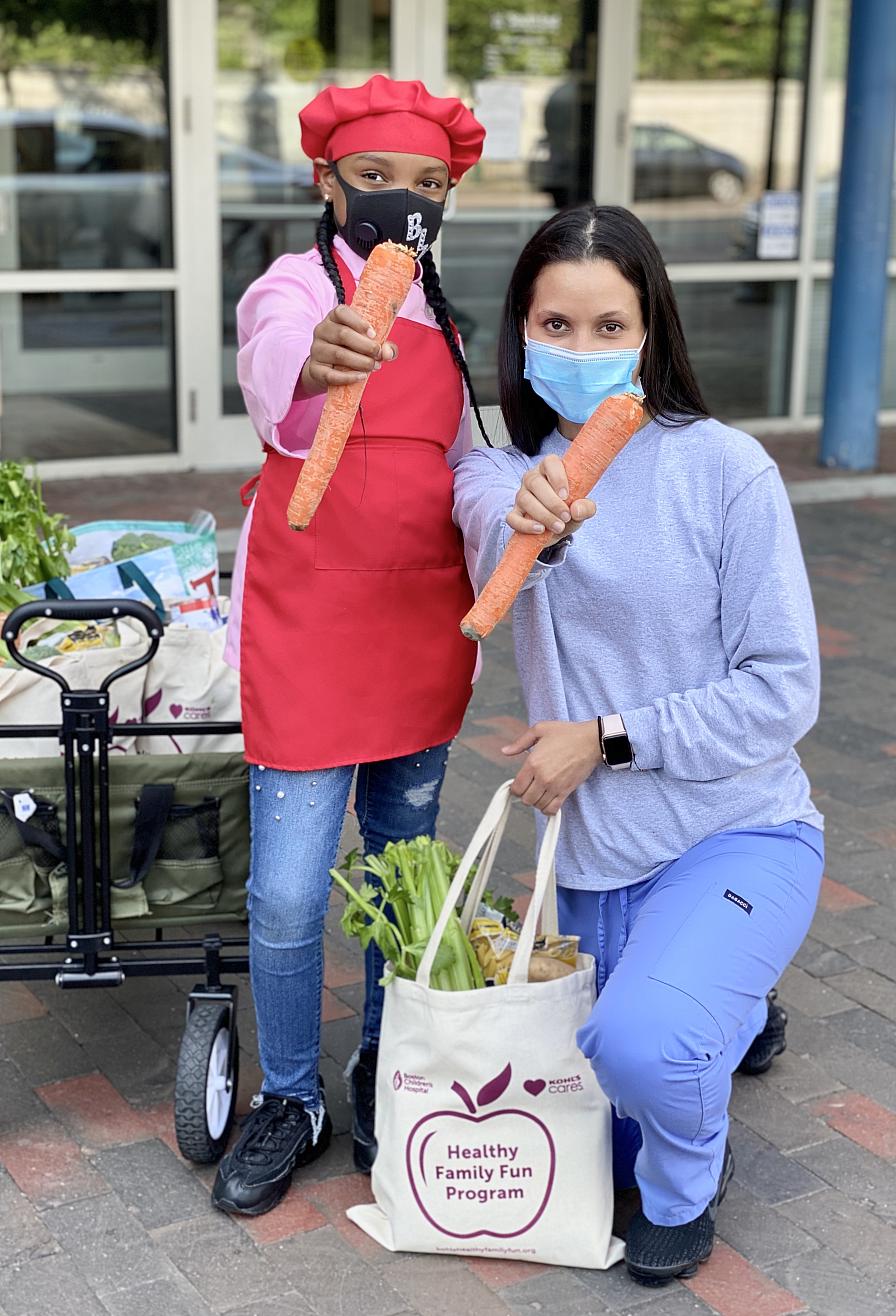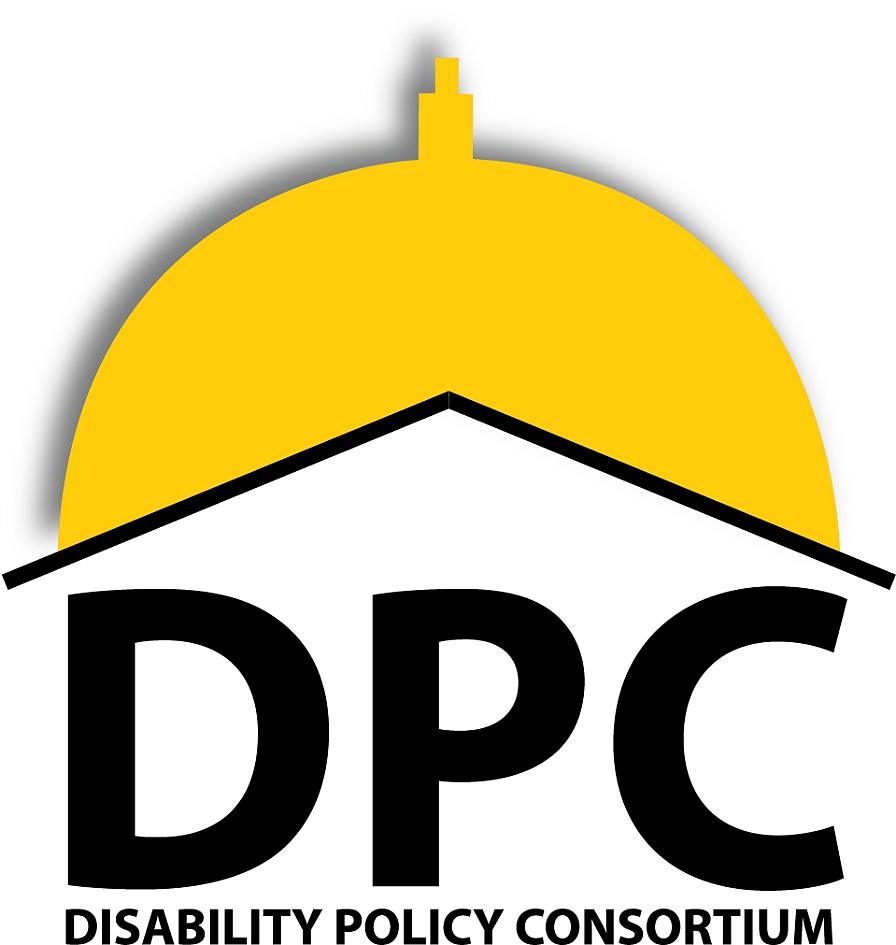
The Social Innovation Forum (SIF) is incredibly proud of the work Social Innovators are doing every day. During this crisis, their efforts to maintain connections with their community members and ensure their programs continue to operate while they also pivot to meet new, immediate needs with fewer resources make it exceptionally clear their work is more important than ever. Many of our funders and volunteers have stepped up with support while others are asking, “How can we help?”
With that in mind, we will regularly share stories from our current cohort of 2020 Social Innovators and Alumni organizations, spotlight members of our funder portfolio who have responded quickly and effectively, and offer additional resources that can help you reflect on a range of different perspectives and experiences of those in our community during the COVID-19 crisis. As you receive these updates, we hope that you will respond and reach out about how you can offer support.
Updates from our Portfolio Organizations
Social Capital Inc., a 2003 Social Innovator

The mission of Social Capital Inc. (SCI) is to strengthen communities by connecting diverse individuals and organizations through civic engagement initiatives. SCI helps these individuals develop the skills and tools needed to engage people to make a difference, with a priority on promoting youth success and healthy communities. The COVID-19 pandemic poses major challenges for the youth in SCI’s programs. In addition to their families struggling to meet basic needs, COVID-19 has the potential to create mental health issues due to isolation and stress, not to mention the way it is exacerbating the educational achievement gaps. Despite these challenges, SCI has quickly pivoted and has worked closely with community partners, such as health centers and other groups who are at the front lines trying to treat COVID-19 patients while slowing the spread of the disease.
The physical distance required to slow the spread of the coronavirus makes it difficult to run the in-person community-building events that are important to SCI’s mission. Yet, the organization has made shifts that allow volunteers to meet community needs. Some of SCI’s AmeriCorps members and volunteers have been at the frontlines of responding to COVID related needs. Recently, Paloma Suarez, a member-based at the South End Community Health Center, created partnerships to get thousands of meals to low-income patients served by the center. Paloma’s compelling story was featured on WBUR. She and other members based at health centers also need to step in at times to help screen and separate potential COVID cases from other issues. In addition, SCI Woburn Volunteers for seniors typically has volunteers helping seniors with ranking and snow shoveling, but now they are helping seniors with shopping and other essential needs.
Despite the economic downturn resulting from COVID-19, SCI managed to have a strong FY20. The organization secured a strong base of sponsors from their annual fundraising event, which successfully transitioned to a virtual format. In the new fiscal year it is expected that funding for SCI will be more challenging.
Donations can help SCI in the following ways:
- $250 covers the cost of hosting 6 SCI web portals for one month, connecting some 25,000 individuals to COVID-19-related volunteer opportunities and essential resources such as emergency food, public health information, and more.
- $1,000 helps cover expenses associated with transition to virtual programming, including providing staff technology needed to work remotely and a Zoom account with capacity for up to 500 people so SCI can run virtual events. It also covers the costs of protective gear for staff and AmeriCorps members.
- $5,000 enables SCI to revamp our youth leadership curriculum to include adaptations for virtual trainings and projects, plus a new unit related to racial justice. This curriculum is used to train over 200 teens per year, who engage thousands of their peers in positive community activities.
Make a donation here!
For additional information or questions, please contact President & Founder David Crowley at dcrowley@socialcapitalinc.org.
Disability Policy Consortium, a 2019 Social Innovator

Disability Policy Consortium (DPC) is a statewide civil rights advocacy, research, and healthcare ombudsman organization run by and for people with disabilities. Since the pandemic started, the organization has focused on a few different advocacy fronts to ensure safe access to medicine and food, protect people who use Personal Care Attendants (PCAs) and their attendants, stand up against discrimination in hospitals and medical facilities, and work to keep nursing home residents safe. While the organization has faced challenges, DPC has made significant strides to protect independence, sustain the quality of life, and save lives during this crisis. All of DPC’s services, including their My Ombudsman hotline for people with disabilities enrolled in Masshealth, remain open online during their normal business hours. DPC credits much of their success to the allies they have in Massachusetts and nationwide for standing behind them.
DPC was able to move quickly to meet the needs of their community. In early March, DPC successfully pushed for all MassHealth prescriptions to be filled with 90-day supplies. This extension initially excluded behavioral health medications, which raised serious concerns about discrimination and lack of mental health parity, but DPC and other advocates convinced them to also include them, as well as loosening or removing certain prior authorization requirements (https://bit.ly/MHPharmacy). One of the biggest concerns DPC had during this crisis is that people who rely on Personal Care Attendants (PCAs) would be unable to get care, as their PCAs needed to isolate, became sick themselves, or needed to care for children who were now at home. DPC has achieved multiple major milestones to ensure these members of our community remain healthy and independent. Currently, DPC is pushing for Masshealth to work with federal authorities to make it possible for spouses and parents of people with disabilities, who cannot currently legally serve as PCAs for those individuals in Massachusetts, to be directly hired as PCAs during this crisis, and it is advocating at the federal level to allow them to do this work permanently.
In the health care setting, DPC was primarily concerned that the state’s Crisis Standards of Care, which governed the rationing of treatments such as ventilators during a shortage, discriminated against people with disabilities. In response, DPC, along with the Disability Law Center, made a public statement in the Boston Globe (https://bit.ly/DPCGlobe), warning health care providers that the disability community would fight attempts to discriminate, and rallied the disability community to push Secretary Sudders to change the standards. Massachusetts did revise some (though not all) of the discriminatory aspects of the standards, including pulling elements directly from DPC’s response into the new policy (wbur.fm/32lLmLp). DPC was also one of many disability organizations groups from across the country that met with the Office of Civil Rights (OCR) within the federal office of Health and Human Services, which persuaded them to issue guidance warning states that denying resources to people with disabilities during this crisis would be an illegal violation of federal laws including the ADA.
Donations can help DPC in the following ways:
- Support expanded efforts to protect people with disabilities during and after this pandemic, including conducting virtual healthcare forums where people with disabilities can speak directly to MassHealth policymakers, and the launch of a new coalition to protect nursing home residents, Dignity Alliance Massachusetts.
- Replace critical revenue from the multiple grants DPC lost due to COVID-19 because it was no longer safe to conduct in-person programming for people with disabilities.
- Keep its community organizers fully-funded and at work. Now more than ever, people with disabilities need strong advocates for the policies that keep them independent and alive, and your donations will allow DPC’s advocacy team to continue doing this critical work.
Make a donation through PayPal here!
For additional questions or comments, please contact Executive Director Colin Killick at ckillick@dpcma.org.
Other Resources & Readings
- Project Citizenship, 2018 Social Innovator, plans to challenge the federal government's decision to increase the filing fee for citizenship and the elimination of fee waivers up to 83%. Project Citizenship says this discriminatory rule change will make citizenship unattainable for over 70% of their clients, who live in poverty. Read more about the federal government's decision here.
- Co-authors Chuck Collins and Helen Flannery publish the Gilded Giving 2020 report addressing how the wealth inequality distorts philanthropy and imperils democracy. Download the full report here to learn more about their findings.
 Social Innovation Forum
Social Innovation Forum